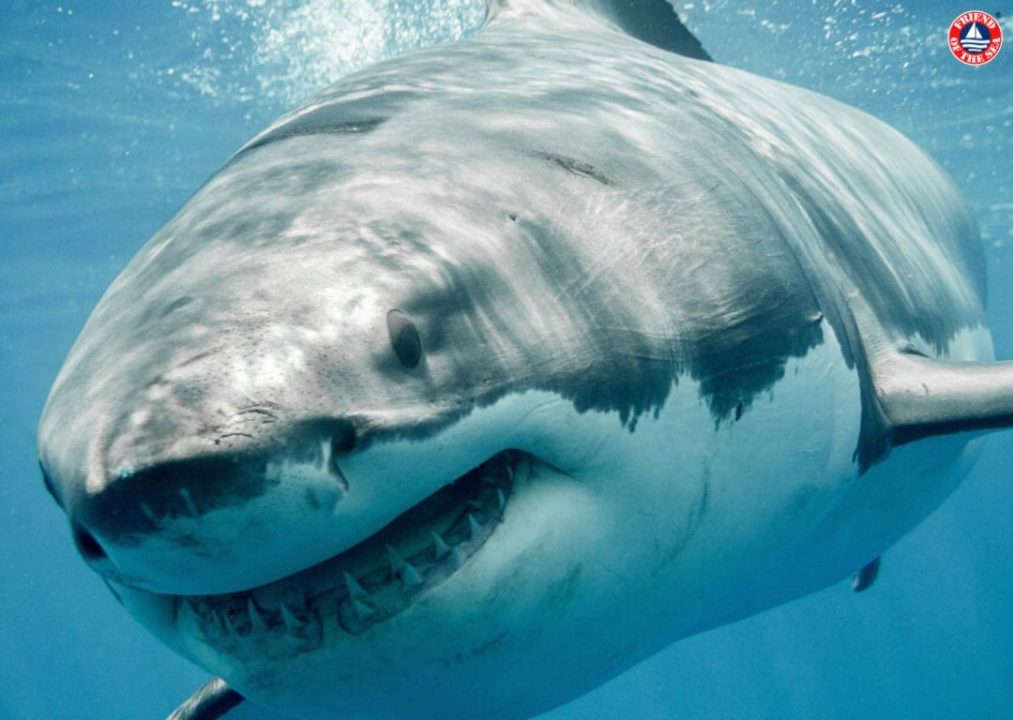Certification standard now prohibits shark finning and human contact with whale sharks
Friend of the Sea, the preeminent certification standard for products and services that respect and protect the marine environment, is taking multiple steps to protect sharks, in honor of Shark Day, which is on July 14. The organization has launched a petition to ban shark finning, added anti-shark finning policies to its sustainable seafood standard and created a new whale shark watching standard for tourists.
“Movies and TV lead us to think of sharks as predators, but in reality it is sharks who are being hunted by us—or caught and killed as a by-catch,” said Paolo Bray, Director of Friend of the Sea. “The petition and the changes to our standards for wild seafood and tourism are intended to help protect sharks from devastation.” The world’s shark population is declining every year due to human activities.
The petition, now available for signature at Change.org, urges Deliveroo, Just Eat and Menulog to remove restaurants that sell sharks fins from their online platforms. The petition also asks these firms to screen their offers and avoid proposing food from endangered species and companies with poor environmental and social accountability records. The goal is to direct business to restaurants providing more sustainable fare.
Shark fins are banned in several countries. Onboard finning of sharks is banned in the EU, USA and several other countries. “It’s a cruel fishing practice leading some shark species to extinction,” Bray added. By-catch, shark finning and ghost net fishing are estimated to kill over 100 million sharks every year. To tackle these problems, Friend of the Sea has updated its Wild Standard with new requirements of sustainability: Not allowing shark finning; Promoting the use circle hook and non-entangling FADs; and the recovery of floating fishing gear.
Friend of the Sea is further protecting sharks by instituting a new standard for whale shark watching expeditions. This increasingly popular activity often involves people diving and swimming with massive whale sharks, the world’s largest fish. The standard prohibits touching the whale sharks, which can grow to up to 18 meters in length. Tourists must also maintain a minimum distance from the whale shark. Tour operators may not use single-use plastics.




